
Gaston Leroux’s
The Phantom of the Opera is one of the world’s best-known stories. The tale was first serialized in the French newspaper Le Gaulois from 1909 to 1910. Leroux based his story partly on real-life events and rumors surrounding the Palais Garnier, the opera house in Paris. Leroux’s story was famously adapted as a
silent film starring Lon Chaney as the Phantom in 1925 and as a
musical by Andrew Lloyd Webber in 1986.
Although I was familiar with the story, having seen the silent film numerous times, Gaston Leroux’s storytelling held my attention and captivated me even though I knew the ending. I found the novel inventive and unique. The story combines elements of gothic storytelling, horror, romance, mystery, and comedy.
The Phantom of the Opera is set in the Paris Opera House, which Leroux describes as a many-storied, maze-like building full of hidden secrets. The building is the perfect home for the solitary Phantom. Leroux narrates the tale as though he is a reporter, piecing together facts he has collected to tell the Phantom’s story. He uses evidence from interviews, memoirs, and diaries to tell the story of what really happened. The structure and pacing of the tale create an exciting and suspenseful narrative. Leroux’s style is so convincing that I was left questioning whether parts of the story were true after closing the book.
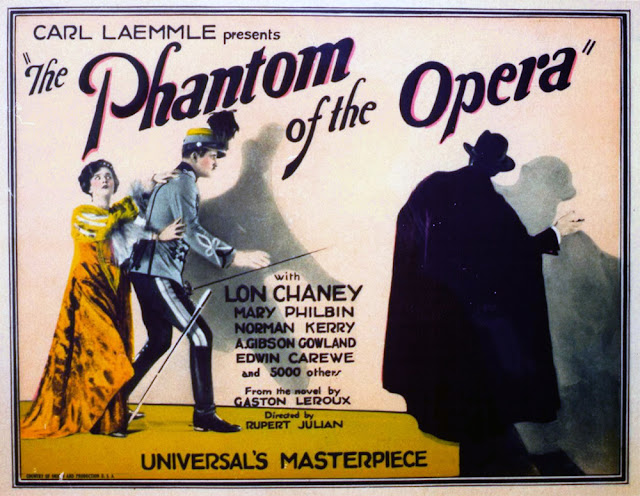
In reading the novel, I was surprised by its humorous tone. For some reason, I assumed that the book would be serious, and that the silent film made the story more melodramatic and humorous for the screen. The silent film and later adaptations were overall true to the novel. For example, I thought the "Angel of Music" and "Punjab lasso" scenes were invented for the film, but both are present in the novel. Likewise, some of the elements I found especially unbelievable and cheesy when I watched the
2004 film version of
The Phantom of the Opera were portrayed directly from the book. I realized that the adaptations have been quite loyal to the novel, capturing the suspenseful, strange, and supernatural aspects, the humor, the sense of mystery and spookiness, and the overall darkness.
Nevertheless, the characters in the novel are more complex than they are often portrayed. Erik, the Phantom, is a puzzle. He is part madman, part angel, and part man—a character who is tragic, disturbed, heroic, generous, and criminal. He is all these things at once, and as a reader, I both despised and pitied him without fully understanding him. Christine is more cunning than innocent, but the story is never told from her perspective. The Viscount Raoul de Chagny is more ordinary than the other characters, but his childhood memories and attachment to Christine give Raoul some substance.
I truly enjoyed reading
The Phantom of the Opera. Even if you have watched multiple adaptations, don’t let that keep you from reading the book too.
Purchase and read books by Gaston Leroux:

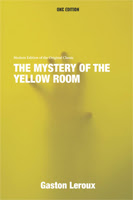
©
penciledpage.com

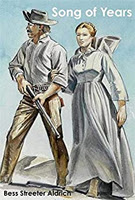

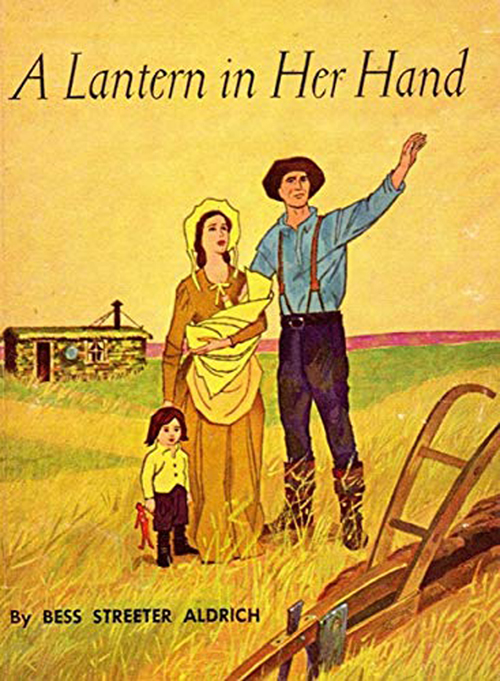




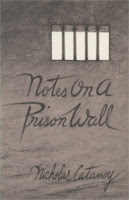



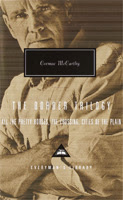






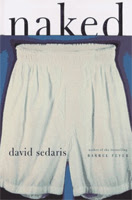




Search This Website